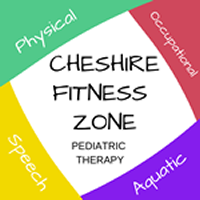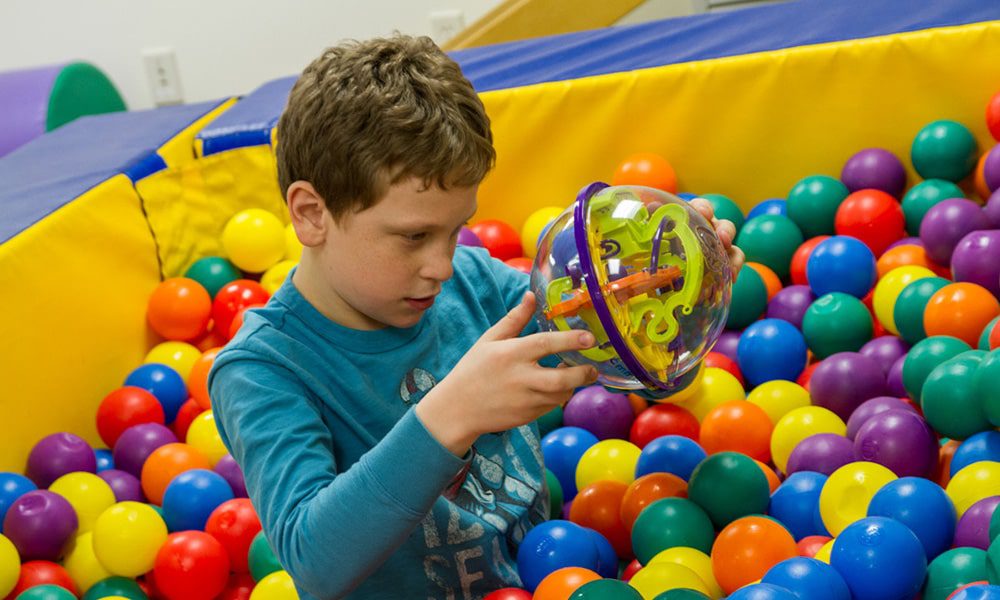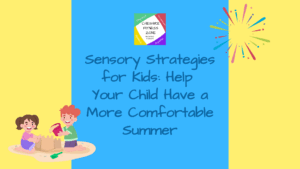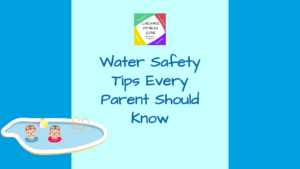As a parent, you are always looking out for the best interest of your child. You would not want anything bad to happen to your child. A decade ago, children were deeply immersed in activities that involved Lego blocks and jigsaw puzzles. However, there has been a disturbing trend following spectacular development in the technological industry. Nowadays, you will find children spending much of their time searching the internet. Puzzles and board games have become spatial form of plays that have been shelved by children. These games are actually essential for development of cognitive skills in a child. Here is a breakdown on the essence of Lego blocks and jigsaw puzzles in childhood development.
Development of physical skills
Lego blocks and jigsaw puzzles contribute to development of certain skills in a child. For instance, eye and hand coordination are important. As your child grows and develops while playing with jigsaw puzzles, he/she also develops a keen relationship between what their eyes can see, things they can do with their hands and how it all ties up in the brain. Gross and fine mortar skills develop when your child starts using large puzzle pieces and stacking up various puzzle games. In particular, they help with movement of fingers, which helps a child to put a piece of puzzle in exactly the right spot.
Development of cognitive skills
A child needs to understand his/her surrounding world and there is essentially no better way for a child to gain cognition of the surrounding world than by giving him/her a chance to manipulate the world around him/her (play-zone with jigsaw puzzles and Lego blocks). Some of the puzzles you can use to test shape recognition include triangles, circles and squares among others. Your child should have a memory of these shapes and the exact spots where they fit. Since it is quite hard to cheat on a puzzle, your child will have to use critical thinking skills to solve the puzzle.
Development of emotional skills
More often than not, the first step for emotional skill development is about solving the puzzle. The next objective entails checking a series of strategies that your child comes up with to solve a jigsaw puzzle. For instance, putting up similar and familiar shapes or colors in one pile for referencing in the future. One of the vital emotional values that a child acquires from Lego blocks and jigsaw puzzles is patience. Unlike sports, it is not as easy as stepping up to a plate and swinging hard till it is knocked out of the park. A child must slowly practice patience while working out the puzzle before getting to the end.
It is usually advisable to visit an occupational pediatric therapy clinic during the early years of a child to gain more insight on activities that will enhance growth and development of motor and visual motor skills. You cannot mistake the merits of puzzles in childhood development. If you look back, you will remember using them. Therefore, give your child the opportunity to learn from Lego blocks, jigsaw puzzles and board games.



